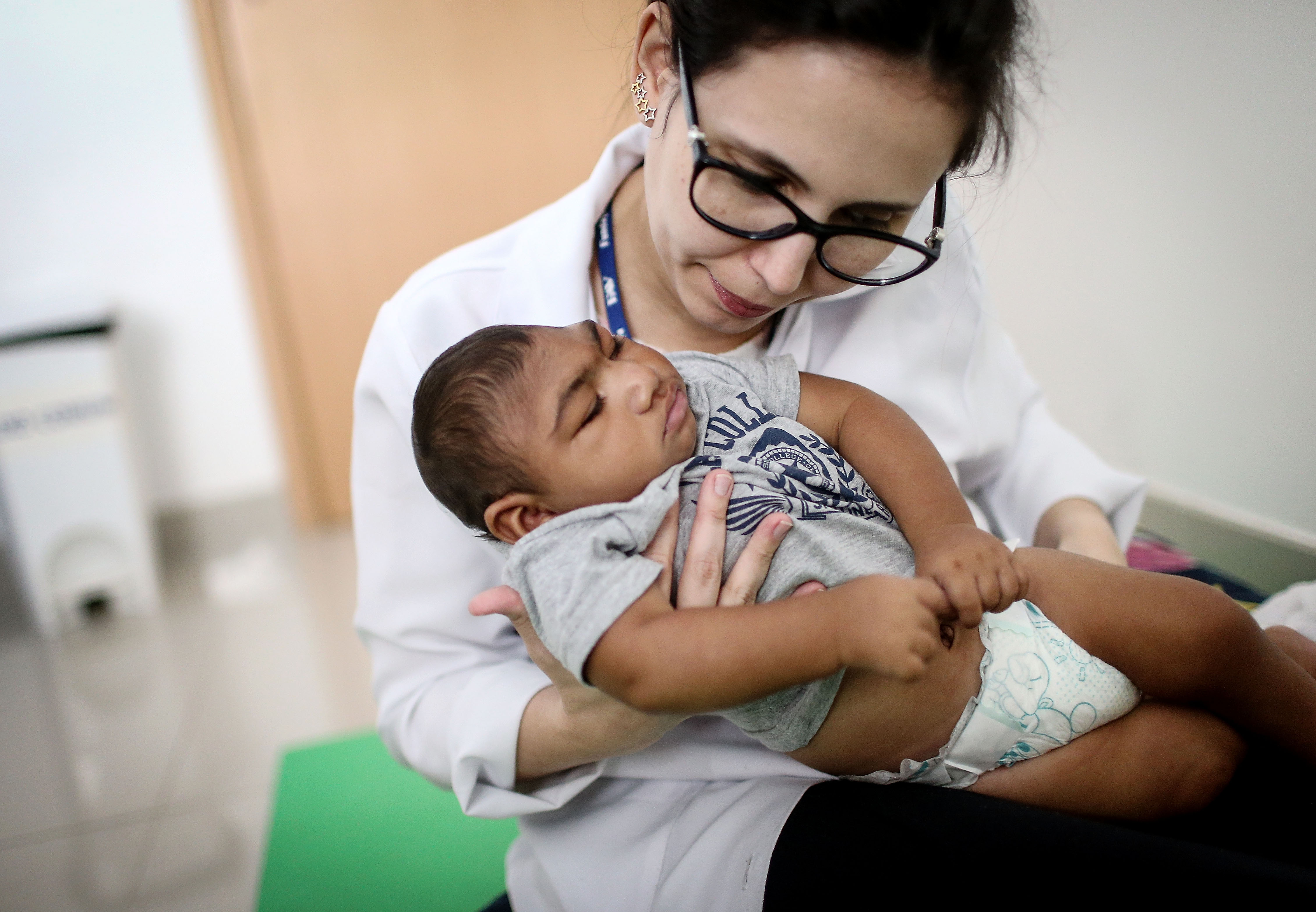
Zika virus has been an ongoing topic of discussion in Indonesia, and the whole world, since the start of its latest outbreak in 2015 and 2016. Its presence caused a lot of questions and unease. The World Health Organisation (WHO) has undertaken numerous prevention steps to contain the spread of Zika.
The virus was first discovered in 1947, infecting monkeys living in the Zika Forest, Uganda. A couple of years later, human cases of Zika infection were detected too. In 2007, Zika was found in the Pacific Islands, South America (particularly Brazil), and the Caribbean. There was also a case in Jambi in 2005.
Zika is a virus from the flaviviridae family, transmissible through infected Aedes mosquitoes. Symptoms of infection include fever, joint pain, rash, and red eyes (conjunctivitis), not unlike symptoms of chikungunya virus infection and dengue fever. The symptoms are quite painful, especially when experienced by children.
Aside from infected mosquitoes, Zika can also be passed on from pregnant mothers to the foetus. This may lead to incomplete brain development and microcephaly, an abnormal smallness of the head. It’s important to note that microcephaly can also result from rubella infection during pregnancy.
Other symptoms of Zika infection are lethargy, headache, and painful sensation behind the eyes that can last more than one week. Incubation period is 2 to 7 days after initial infection. Diagnosis can be done through blood and serologic test, 1 to 3 days after symptoms manifest. Urine and saliva test can be done after 3 to 5 days.
Scientists currently have not found any medication or vaccine for Zika virus. Symptomatic treatment include hydration, pain management, and reducing fever. The patient should get a lot of rest and isolated for a period of time. This is done to prevent mosquito bite, which can lead to the spread of the virus.
How to Prevent Zika Infection
These steps are crucial for people living near Zika-infected areas.
- Wear blanket during sleep, and use fan to fend off mosquitos in the afternoon
- Use mosquito net around your bed and any ventilated area
- Use a mosquito repellent
- Make sure to maintain your personal and house hygiene
- Empty and scrub all items that hold water regularly (buckets, pools, flowerpots, trash containers, etc)
- Wear bright-coloured clothing
- Boost your immune system
- Eat plenty of fresh fruits and vegetables
Although the WHO has declared that Zika is no longer world health emergency, everyone should always be vigilant for any symptoms of infection.
Text by Denistya Sagita
Stock photos from Newsweek
Source(s):